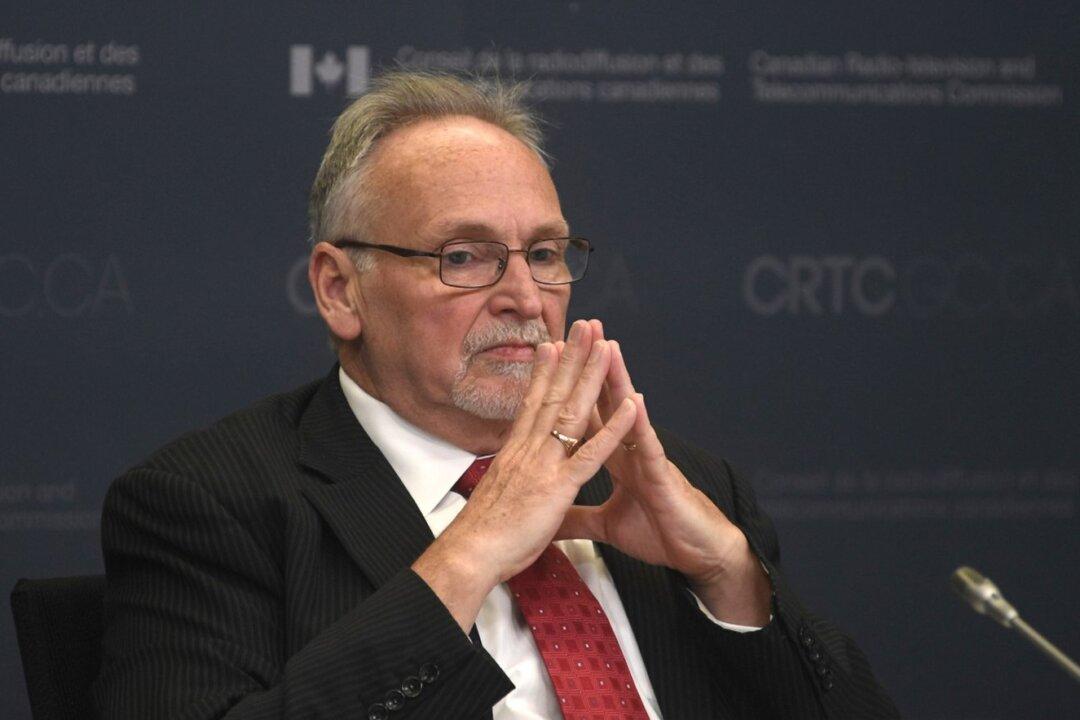The Canadian Radio-television and Telecommunications Commission chair is to be replaced within months and Canadian Heritage is already accepting applications for the $328,000-a-year role.
Ian Scott and his broadcasting vice-chair, Caroline Simard, were appointed to five-year terms at the broadcast regulator in 2017 and their tenures are set to wrap in early September.





